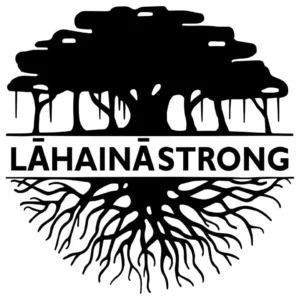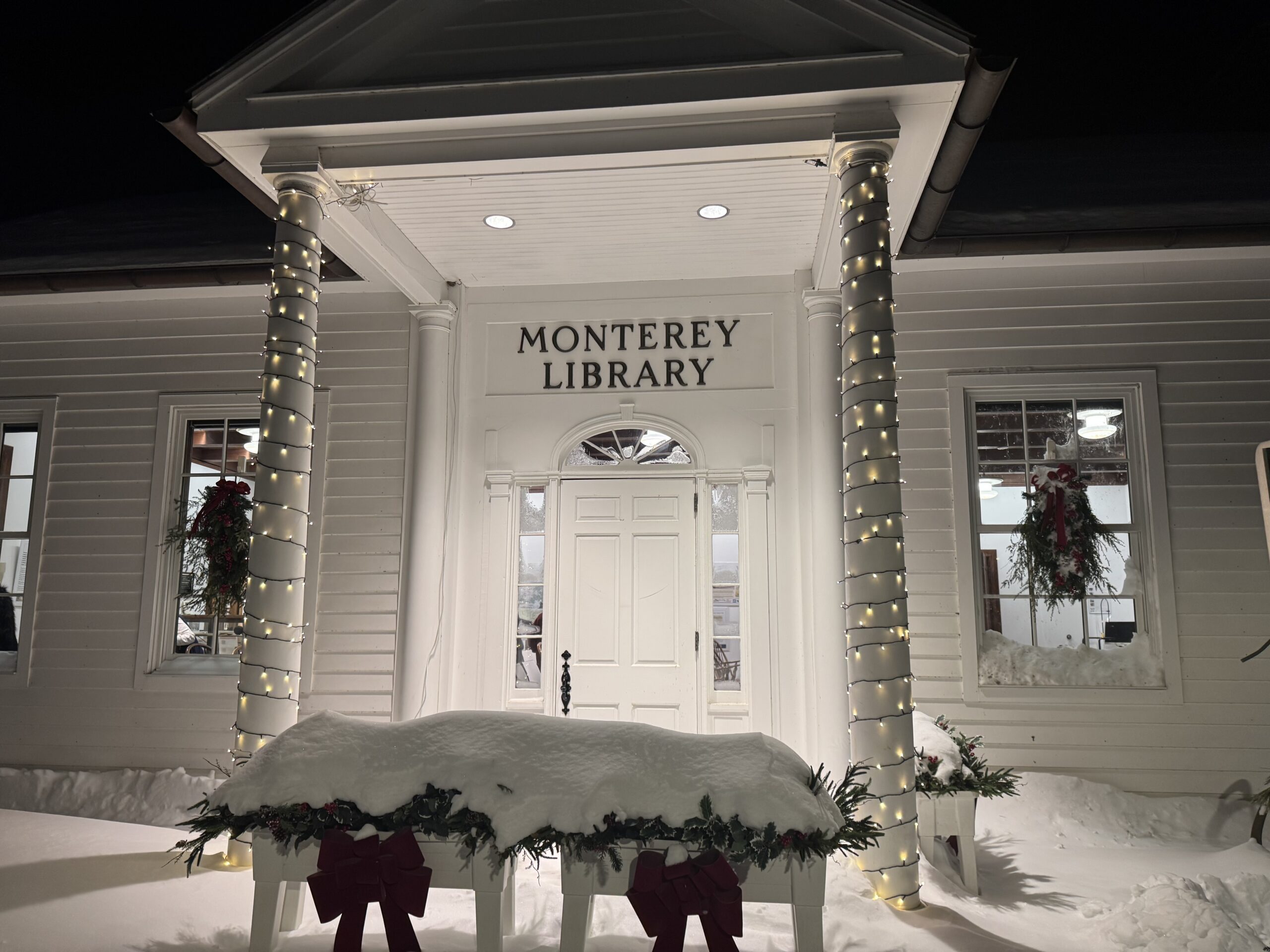On Monday, I learned that wildfires destroyed two of my clients’ homes in Los Angeles.
Another client has evacuated his home, and his family is now living at his mother’s house, uncertain if his home is still standing.
It’s unbelievable.
I think it’s easy to forget — especially living here on the East Coast — how many people are impacted by this disaster.
The city of Los Angeles has 3.9 million people, making it more populous than 15 states in our nation, including Connecticut, where I live.
If you expand that to Los Angeles County, where the wildfires are actually burning, the population increases to about 10 million, making it the most populous county in the country, surpassing all but ten states.
Only California, Texas, Florida, New York, Pennsylvania, Illinois, Ohio, Georgia, North Carolina, and Michigan have more people than Los Angeles County. Georgia, North Carolina, and Michigan each have 10 million people, making them only marginally more populous.
These fires are not impacting a small part of California or our country. They are affecting more than 3% of the US population.
Another of my clients — a brilliant and indescribably accomplished woman named Karin Knox — survived the Lahaina wildfires of 2023 and took to her Substack to advise those dealing with the Los Angeles wildfires, offering the wisdom that only comes by living through a similar disaster.
She’s permitted me to reprint the advice here.
You can subscribe to her Substack at karinknox.substack.com.
If the wildfires are impacting you, I hope you find this helpful.
If you want to help the people of Los Angeles, many charities are set up to do so. Elysha and I have donated to World Central Kitchen, which is feeding good, hot meals to the firefighters, emergency workers, and displaced people of Los Angeles.
You can donate at wck.org.
Here is Karin’s piece:
Rebuilding after the LA wildfires: lessons from Lahaina.
Thoughts from a wildfire survivor on how to bounce back from devastation.
I’ve been gutted watching the wildfires devastate LA. It’s a situation I know all too well. My family and I survived the 2023 Lahaina wildfires, which wiped out our entire town and tragically killed 102 people — within hours and without warning. We are now 1.5 years ahead of many of you in LA and have learned things the hard way.
Below is a brief list of things to know that I have been texting to people who have lost homes and neighborhoods. I hope that some of this information helps those dealing with heartbreak and shock, and helps navigate a completely changed world:
- Evacuate early. Even if you think you won’t need to, you’ll never regret leaving too soon. Get your go bag with clothes, medications, documents, photos, children’s drawings, stuffed animals, pets, laptops etc. Do not overthink it. You and your family are the most important. Stuff can be replaced.
- Find a safe place to stay. Stay with a friend or go to a shelter. Focus on being safe and getting your bearings before making bigger decisions. We were lucky that we had friends looking out for us when our world turned upside down.
- Accept help. You will have survivor guilt, possibly focusing on others instead of yourself. But you’re also a victim. People want to help, let them — whether it’s through a GoFundMe, offering clothes, finding replica stuffed animals, or searching for homes.
- Get the essentials. Cheap department stores are lifesavers. Focus on clothes, toiletries, and immediate necessities. You can figure out the rest later.
- Leverage FEMA and Red Cross support. FEMA offers limited individual assistance (usually ~$700 regardless of insurance), and they and the Red Cross will help with housing, possibly in the form of hotel rooms, after about 8+ weeks. SBA will also offer loans for rebuilding, but these take time.
- Secure a long-term rental ASAP. Rents will likely double or triple. Lock in a place for at least 1-2 years if you can to create a stable interim home. Consider access to schools and children’s activities if you have kids. FEMA will help with this too once the immediate danger has passed.
- Be cautious with insurance claims. If you have both house/rental and jewelry insurance, check your policy. Insurers may penalize you for filing multiple claims and deny coverage for additional insurance later. Our rental insurance only covered a fraction of what we lost.
- Take care of your mental health. The emotional toll is huge. Deep sadness comes out when you least expect it. Expect random bouts of crying and embrace it. My husband lost it in the Safeway fruit section, sobbing for 5 minutes staring at apples. Hearing us talk to our family over the phone, someone anonymously covered our coffee bill, bringing me to tears. It were these small acts of kindness from strangers that had us breaking down in tears, a lot.Seek help for yourself and your kids. Kids are resilient, but don’t forget that you’re operating at a different speed. They have less distraction than you have. Establish morning and evening routines, set up playdates, do what you can to get your kids back in school. Overload them with hugs and cuddles.
- Take care of your body. You might feel like you can power through, but eventually, you will hit a wall. Be kind to yourself. Walk with a friend, hit the gym, or find something that keeps you moving and clears your mind.
- Prepare for the long haul. Clearing debris can take 12+ months, and rebuilding even longer. In Maui, the EPA had to first assess flammables, trees and walls that might fall down, and mark toxic materials like batteries, propane tanks, and other household items. Authorities will need to search for victims and ensure that remains are treated in a dignified way. Only then will toxic items be removed, then debris. Soil needs to be dug out 6 inches deep and carried away once a site has been allocated. They will prioritize residential over commercial but it will still take many months. For us, we were only allowed back to see our old home after 4 months. It’s been 18 months since the fires, and only now are we seeing new houses being built. And this is in a much smaller area. Pace yourself, it will take years before things are back to what they are.
- Recover valuables safely. If you are looking for valuables among the rubble, don’t go poking into it yourself. It’s toxic and dangerous. Authorities will make full PPE available and brief you on specific risks. Groups like Samaritan’s Purse can help sift through debris safely. We found my great-grandmother’s ring and my engagement ring. Don’t give up, it’s worth a shot.
- Organize for your community. Our community organized donations for bikes, laptops, clothes, and more. Many companies and organizations are willing to help, just ask. Federal aid is critical in the long run, but it’s neighbors helping neighbors that truly make a difference.
- Be vigilant of misinformation. Misinformation will be everywhere. Protect your headspace. Stick to trusted sources and take breaks from social media if it’s overwhelming.
We in Lahaina are slowly starting to get on the other side of this. It will get better, but it is a long journey.
I believe in you. You can do this.
Karin







